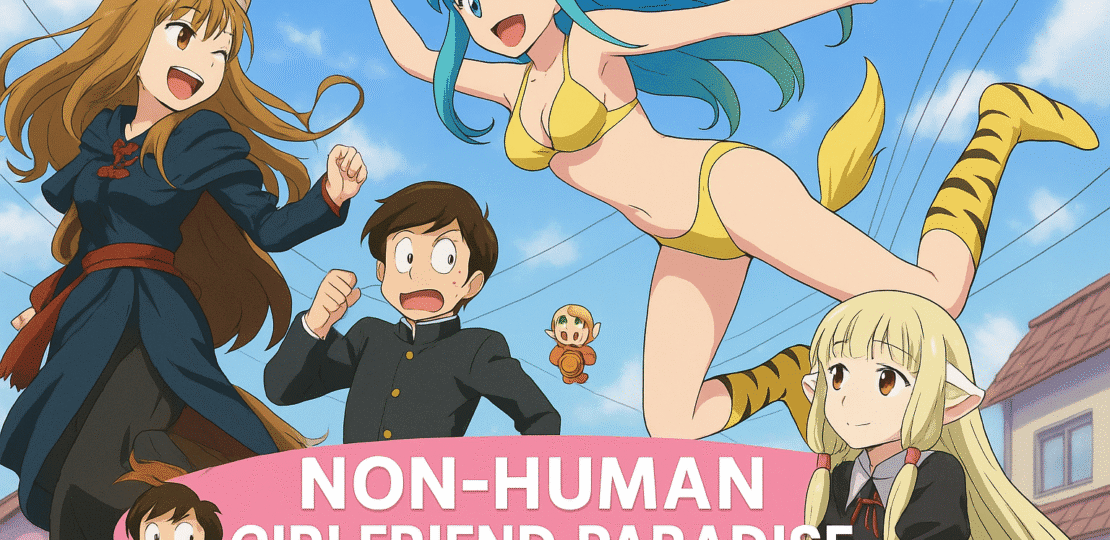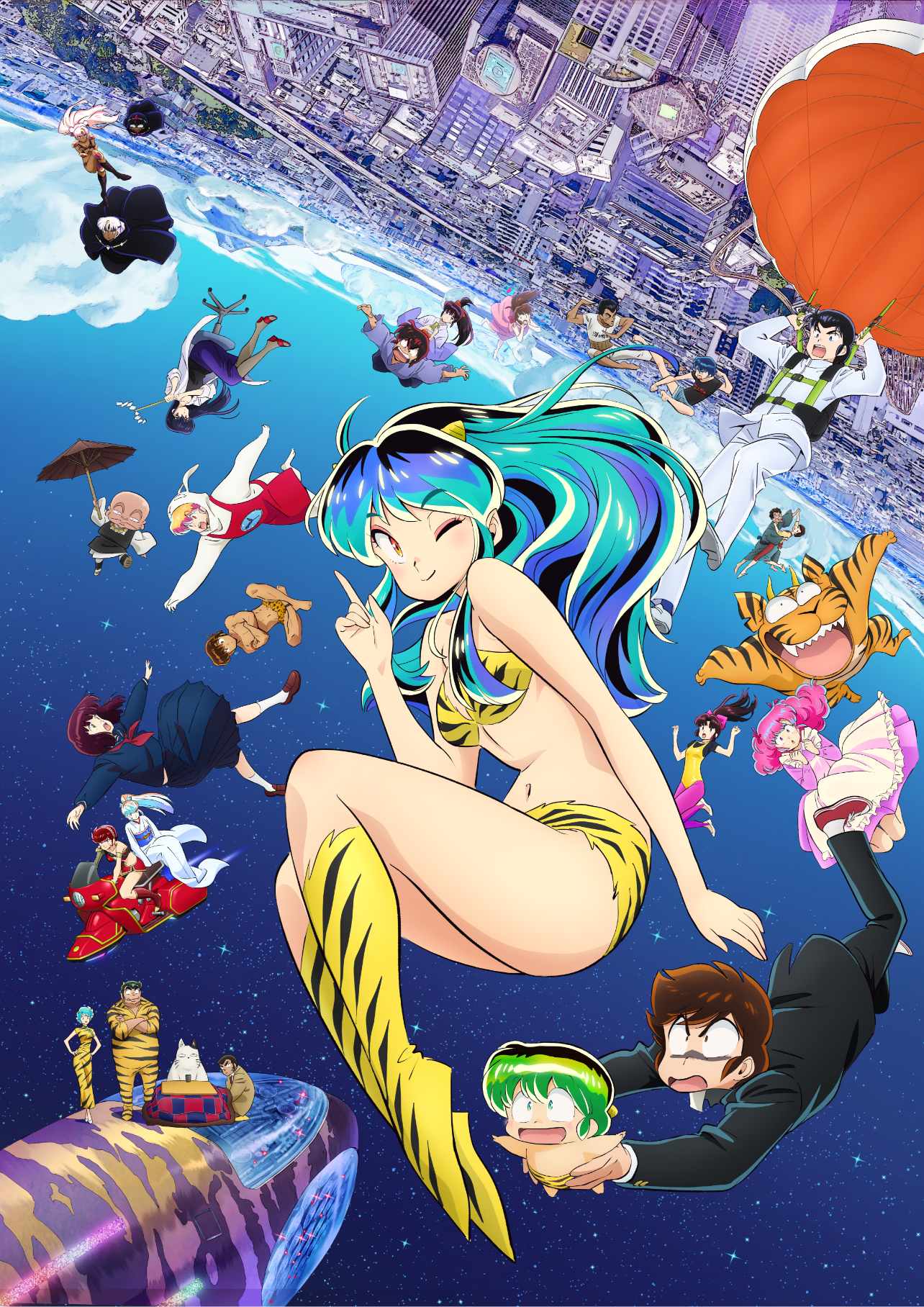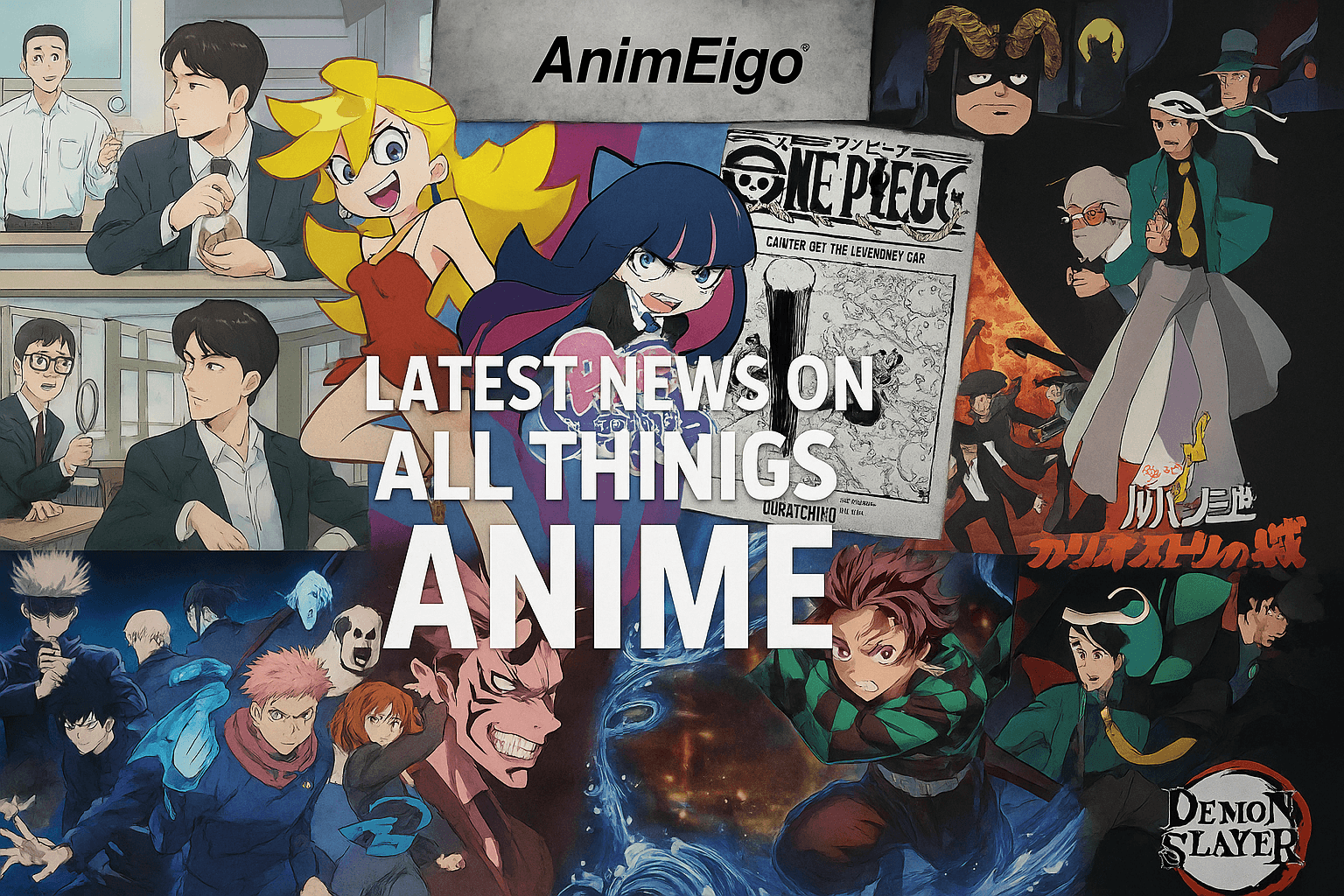Top 10 Romance Anime Where the Girl Isn’t Human, But Love Prevails with a Happy Ending
August 18, 2025 | by Haku

Introduction ( Romance Anime)
Romance anime often explores the boundaries of love, pushing beyond everyday high school crushes into fantastical realms. One captivating subgenre features stories where the female lead or love interest reveals herself to be non-human—be it an alien, robot, goddess, or mythical creature—yet the couple overcomes societal, existential, or interstellar obstacles to achieve a joyful resolution. These tales blend heartfelt emotion with humor, action, and philosophical undertones, questioning what it means to be “human” in love. Each entry includes plot overviews, character insights, themes, and why it’s celebrated, based on extensive research from sites like MyAnimeList, Reddit discussions, and review aggregates. With happy endings guaranteed, these series offer uplifting escapes while delving into identity, acceptance, and eternal bonds.
1. Chobits (2002)

Chobits, created by CLAMP, is a seminal romantic comedy that pioneered the “robot girl” trope in anime. The story follows Hideki Motosuwa, a struggling cram school student in Tokyo, who discovers an abandoned persocom (humanoid computer) named Chii in the trash. Chii, voiced by Rie Tanaka, awakens with no memories or software, only able to say “Chii.” As Hideki teaches her about the world, he uncovers her potential as a legendary “Chobit”—a persocom capable of true emotions and free will. Their bond evolves from caregiver-dependent to mutual affection, complicated by societal taboos on human-persocom relationships and Chii’s mysterious past involving her “sister” Freya.
Chii’s non-human nature is central—an advanced AI built for companionship, yet her growth mirrors human development, creating moments of poignant self-discovery. Themes include AI love, loneliness in a tech-driven society, and emotions beyond biology. The series mixes slapstick humor (like Hideki’s poverty antics) with heartfelt drama, praised for balancing ecchi with genuine storytelling. On MyAnimeList, it holds a 7.66 from 300,000+ users, influencing later works like Plastic Memories. Though some critique its dated fanservice, most celebrate its innovative human–AI romance. The ending is bittersweet yet hopeful, with Chii choosing love over her destructive program, affirming her bond with Hideki. The manga’s conclusion is even more romantic, with 7+ million copies sold worldwide.
2. Urusei Yatsura (1981/2022 Remake)

Rumiko Takahashi’s Urusei Yatsura is a chaotic romantic comedy classic, blending sci-fi with slapstick. Protagonist Ataru Moroboshi, a lecherous high schooler, is chosen to represent Earth in a tag game against alien princess Lum Invader. Losing means planetary conquest; winning spares humanity but wins Lum’s hand in marriage. Ataru triumphs, but his accidental proposal binds him to Lum, who moves in, zapping him with electricity whenever jealous.
Lum, an oni alien with horns and her iconic tiger-striped bikini, shows her non-human side through unique powers and culture. The story thrives on the tsundere chemistry between Ataru’s flirtations and Lum’s devotion, mixed with alien invasions and school comedy. Themes explore fidelity, cultural clashes, and love despite differences. The 1981 anime ran 195 episodes, while the 2022 remake updated visuals, scoring 7.7 on MyAnimeList. A romcom pioneer that inspired Ranma ½, it sold over 35 million manga volumes and was ranked among the top ’80s anime in a 2023 poll. In the end, Ataru finally confesses his love, cementing their bond in a heartfelt, comedic finale.
3. Spice and Wolf (2008)

Isuna Hasekura’s Spice and Wolf is a fantasy romance with economic twists, starring crafty merchant Kraft Lawrence and Holo, a wolf deity in human form. Lawrence discovers Holo in his wagon, escaping her harvest goddess role in a pagan village. She joins his travels, using wisdom and shapeshifting to aid trades, while their banter sparks romance.
Holo’s non-human reveal—her wolf ears, tail, and immortality—adds tension, as she grapples with longevity versus mortal love. Themes of economics, faith, and companionship shine through witty dialogue and schemes. The anime adapts light novels, scoring 8.22 on MyAnimeList from 600,000+ users, praised for mature storytelling. A 2024 reboot renewed interest, with novels selling 5 million copies. Reviews on Crunchyroll highlight its unique blend of romance and adventure. The ending is blissfully happy: Lawrence and Holo marry, open a bathhouse, and have a daughter, Myuri, in the sequels.
4. Ah! My Goddess (1988-2014)

Kosuke Fujishima’s Ah! My Goddess is a long-running romantic comedy about college student Keiichi Moroboshi, who dials a wrong number and summons goddess Belldandy. She grants his wish to stay with him forever, leading to cohabitation amid heavenly bureaucracy and rival suitors.
Belldandy, a divine being from Yggdrasil, is non-human, with powers like flight and healing. The series humorously depicts their slow-burn romance, interrupted by her sisters Urd and Skuld. Themes include destiny, patience in love, and balancing mortal/divine worlds. With 48 manga volumes and multiple adaptations, it scores 7.58 on MyAnimeList, beloved for wholesome vibes and selling 20 million copies. Fan forums like Reddit celebrate its enduring appeal. The ending is happy: Keiichi and Belldandy marry after trials, living eternally together.
5. My Bride is a Mermaid (2007)

Tahiko Kimura’s My Bride is a Mermaid is a zany romcom parodying yakuza tropes with mermaids. Junior high student Nagasumi Michishio drowns but is saved by mermaid Sun Seto, forcing marriage per mermaid law to avoid death. Sun’s family, underwater mobsters, complicate their life.
Sun’s mermaid identity—tail in water—drives fish-out-of-water humor. Themes parody arranged marriage and family interference. Scoring 7.4 on MyAnimeList, it’s lauded for over-the-top comedy and voice acting, with manga spanning 16 volumes. Reviews on IMDb note its laugh-out-loud moments. The ending is happy: Nagasumi and Sun get engaged, embracing their chaotic life.
6. DearS (2004)

Peach-Pit’s DearS is an ecchi romcom about aliens integrating into Earth society. High schooler Takeya Ikuhara finds Ren, a “DearS” slave alien, and becomes her master. As more DearS arrive, Takeya navigates cultural misunderstandings and affection.
Ren’s alien origins—genetically engineered for service—reveal through her abilities and naivety. Themes critique dependency and equality in relationships. Scoring 6.58 on MyAnimeList, it’s appreciated for harem fun, with manga selling moderately. Fans on forums enjoy its lighthearted take. The ending is happy: Takeya accepts a harem, ensuring the DearS’ future.
7. Nyaruko: Crawling with Love (2012)

Manta Aisora’s light novel adaptation is a Lovecraftian romcom. High schooler Mahiro Yasaka is protected by Nyaruko, an alien deity (Nyarlathotep), from cosmic threats, leading to her obsessive pursuit.
Nyaruko’s eldritch non-human form contrasts her cute demeanor. Themes parody horror with romance. Scoring 7.0 on MyAnimeList, it’s fun for references, with three seasons. The ending is happy: Mahiro confesses, they unite.
8. To Love Ru (2008)

Saki Hasemi and Kentaro Yabuki’s To Love Ru is an ecchi harem romcom. Rito Yuuki’s life upends when alien princess Lala crash-lands naked in his bath, fleeing arranged marriage.
Lala’s Devilukian heritage includes super strength and inventions. Themes involve polygamy and growth. Scoring 7.3 on MyAnimeList, it’s popular for fanservice, with sequels. The ending is open but happy, with harem acceptance.
9. Monster Musume: Everyday Life with Monster Girls (2015)

Okayado’s harem romcom follows Kimihito Kurusu hosting liminal girls like lamia Miia under exchange laws.
Various non-human girls (mermaid, harpy) vie for love. Themes promote diversity. Scoring 7.0 on MyAnimeList, it’s ecchi-fun, ongoing manga. Episodes end happily, implying positive resolution.
10. Heaven’s Lost Property (2009)

Suu Minazuki’s series features Tomoki Sakurai and angeloid Ikaros, fallen from Synapse.
Ikaros’s robotic-angel nature drives comedy-romance. Themes: freedom vs. programming. Scoring 7.3 on MyAnimeList, noted for emotion. Ending bittersweet but affirming love.
These anime showcase love’s triumph over otherworldly barriers, inspiring fans with optimism.
RELATED POSTS
View all


